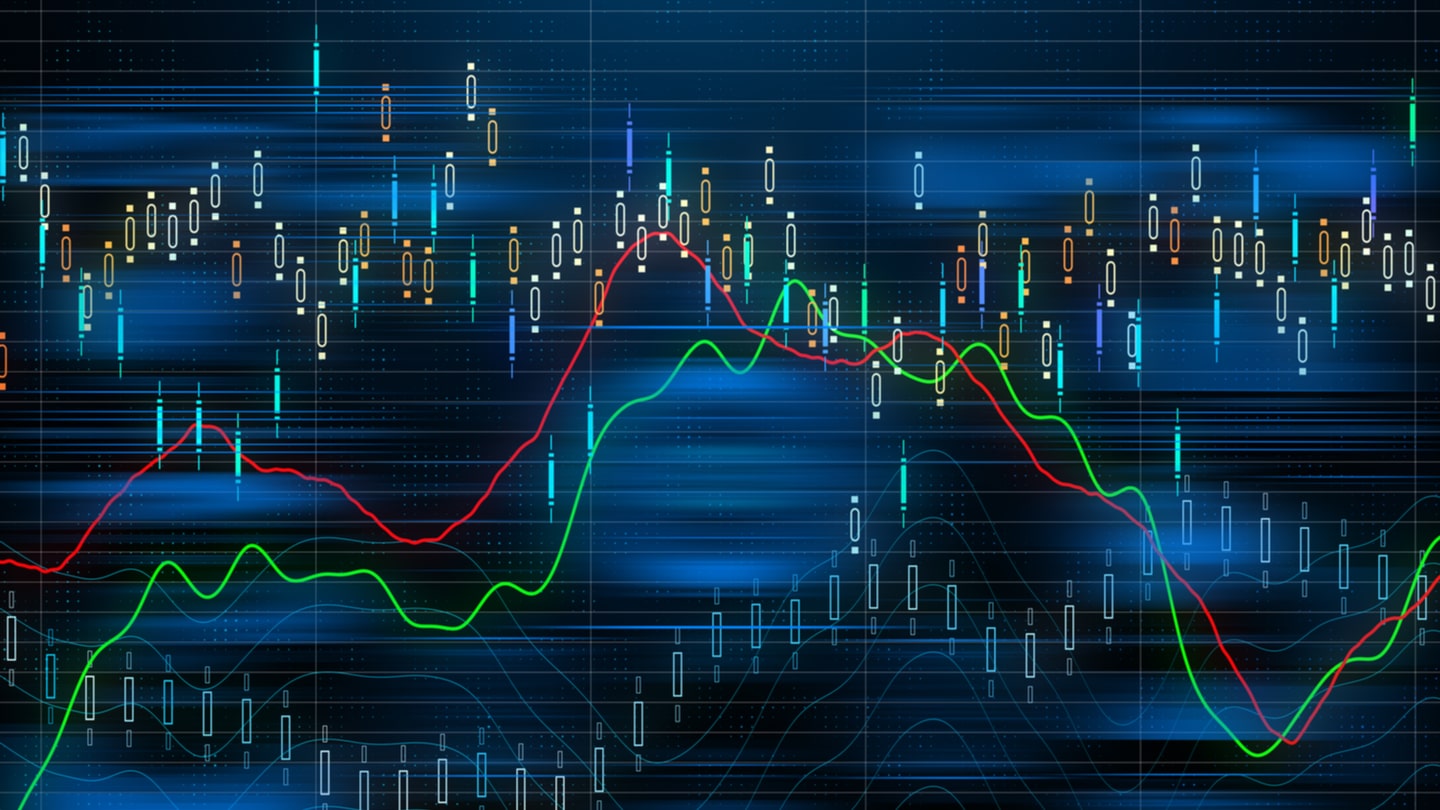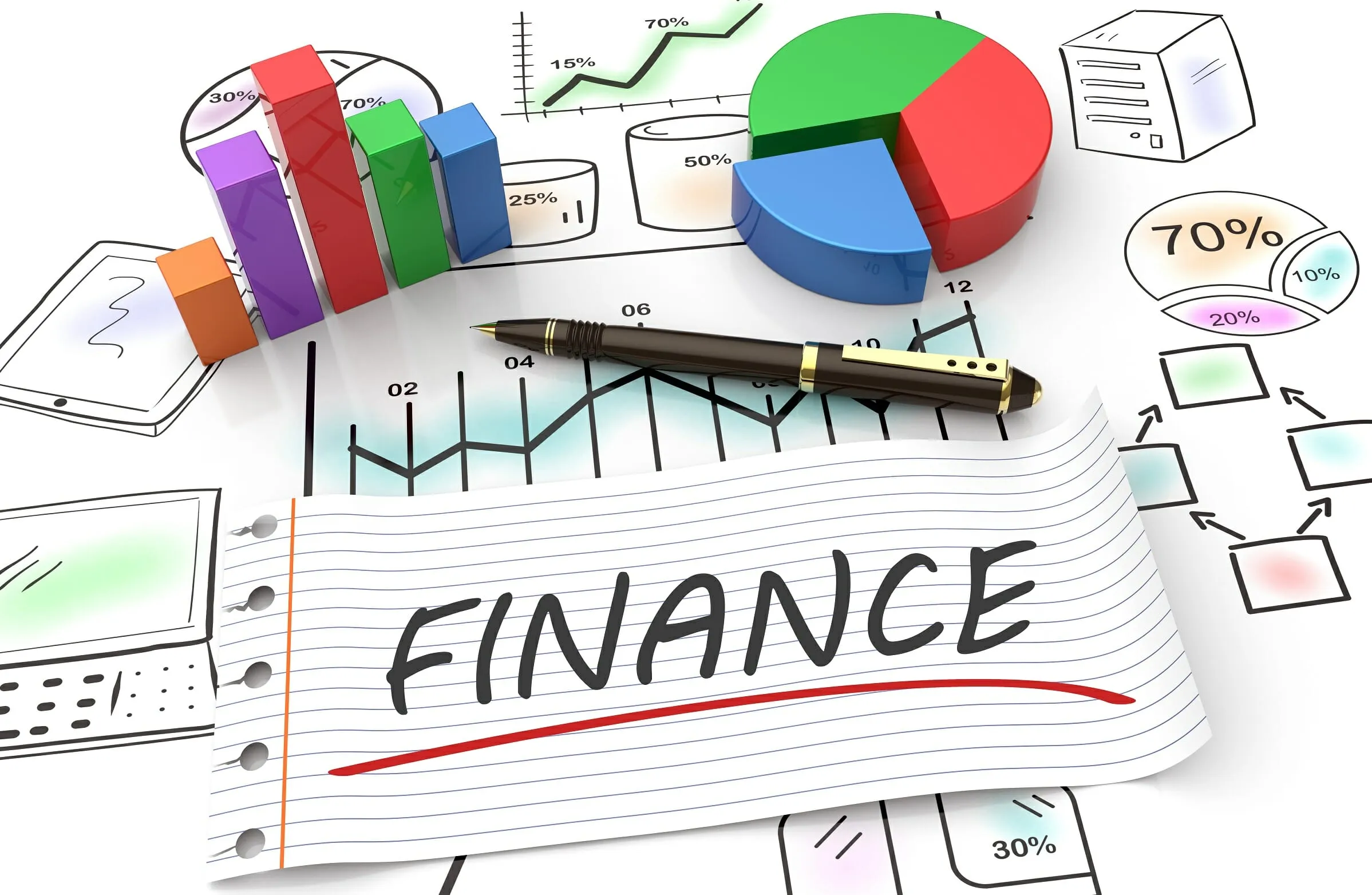Online trading offers a world of opportunities for individuals seeking to expand their financial horizons. The digital landscape has made it easier than ever for people to access various financial markets, such as stocks, forex, commodities, and cryptocurrencies, from the comfort of their homes. However, trading is not a guaranteed way to make money; it requires knowledge, strategy, and discipline to be consistently profitable. For those willing to invest time and effort into understanding the markets, online trading can provide a lucrative avenue for wealth creation. The first step in online trading is understanding the fundamentals of the financial markets. Traders must familiarize themselves with how each asset class behaves, what factors influence its price movements, and how to interpret market data. Gaining a solid understanding of the basics, such as how supply and demand affect prices, can provide a strong foundation for making informed trading decisions. Knowledge of key economic indicators, geopolitical events, and market sentiment is also essential to staying ahead of market trends.
A key aspect of successful trading is developing a solid trading strategy. A well-thought-out strategy helps traders navigate the complexities of the market while minimizing risk. There are several different approaches to trading, including day trading, swing trading, and long-term investing, each with its own set of principles and risk tolerance. Traders must choose a strategy that aligns with their risk appetite, time commitment, and financial goals. A good strategy also includes clear rules for entry and exit points, as well as risk management techniques such as stop-loss orders and position sizing. Risk management is one of the most important components of trading. Even the most experienced traders encounter losses, but those who can manage their risks effectively are more likely to remain profitable in the long run. Traders can use a variety of tools to manage risk, such as setting stop-loss orders to limit potential losses, diversifying their portfolios, and ensuring that no single trade takes up too large a portion of their capital.
The goal of risk management is not to eliminate losses entirely but to control them so that they do not significantly impact the trader’s overall capital. Psychology plays a critical role in Ainvesting, and emotional discipline is essential for long-term success. The markets can be volatile, and traders may experience periods of rapid gains or sudden losses. It is important to remain calm and stick to the trading plan during both favorable and unfavorable market conditions. Emotional decision-making, such as chasing losses or becoming overly greedy, can lead to poor choices and greater risk exposure. Successful traders understand that losses are a part of the game, and they use them as opportunities to learn and refine their strategies. Technology is another significant factor that has revolutionized the world of online trading. Advanced trading platforms, charting tools, and algorithmic trading systems have made it easier for traders to access real-time data, analyze trends, and execute trades efficiently.






